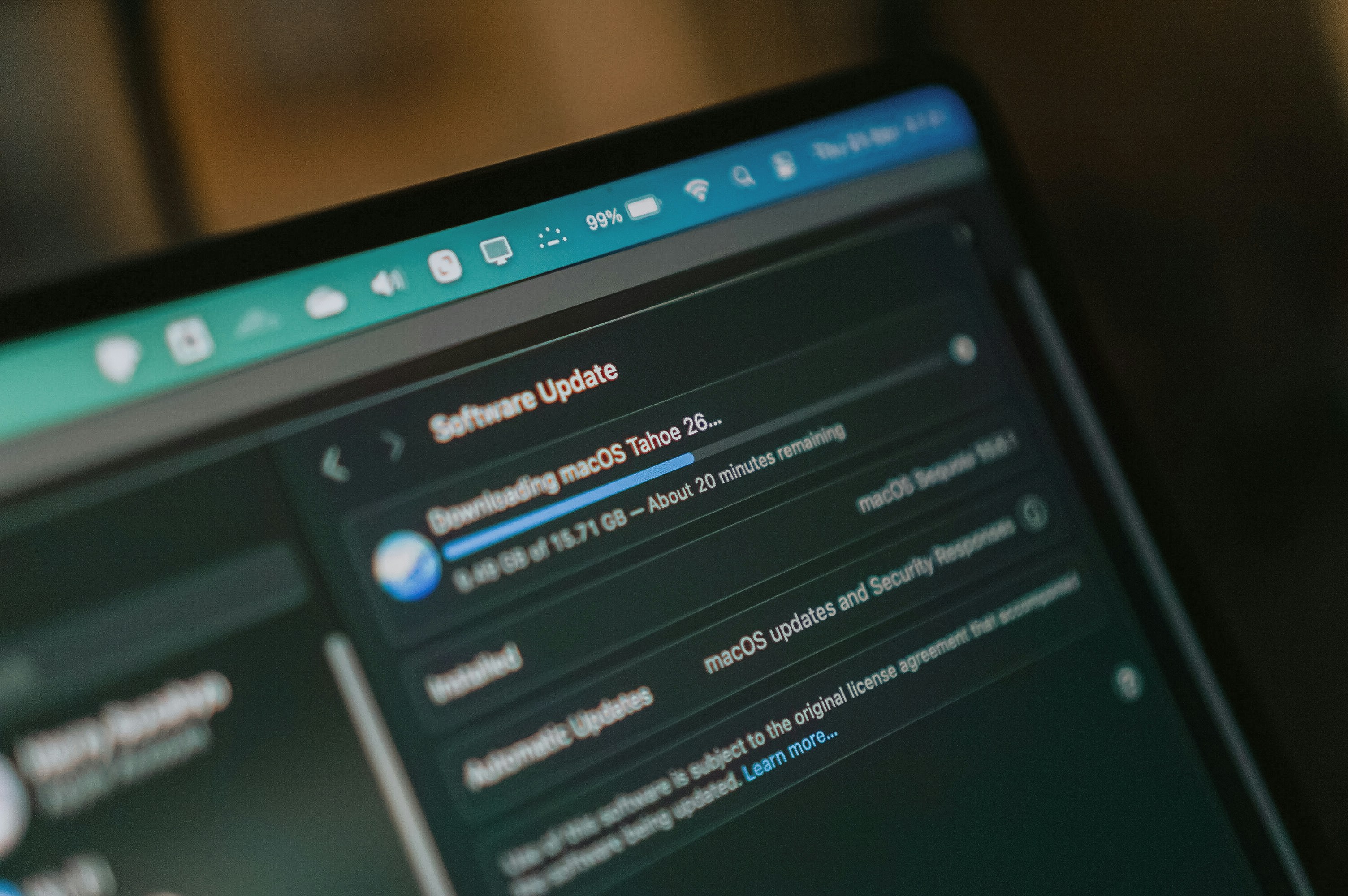
Compiler
Construction
Design and implement programming language compilers covering all compilation phases. This course covers lexical analysis, parsing techniques, and abstract syntax tree generation with emphasis on practical implementation.
What You'll Learn
This comprehensive program explores compiler design and implementation from first principles. Students progress through each compilation phase, building functional components that transform source code into executable instructions. The curriculum balances theoretical foundations with hands-on implementation, ensuring participants understand both the algorithms and their practical application.
Starting with lexical analysis and tokenization, the course advances through parser construction using both hand-written recursive descent and generated parsers. Students implement semantic analysis phases including type checking and symbol table management. The program covers intermediate representation design, various optimization techniques, and code generation for multiple target architectures.
Advanced topics include register allocation algorithms, garbage collection implementation, and just-in-time compilation techniques. Participants work with LLVM infrastructure to understand modern compiler toolchains. By course completion, students will have constructed a working compiler capable of translating a substantial subset of C or implementing their own domain-specific language.
Frontend Development
- ▸ Lexical analysis and tokenization
- ▸ Parser construction and AST generation
- ▸ Semantic analysis and type systems
- ▸ Symbol table management
Backend Development
- ▸ Intermediate representation design
- ▸ Code optimization techniques
- ▸ Register allocation algorithms
- ▸ Target code generation
Learning Outcomes
Graduates of this program develop comprehensive understanding of language implementation and compiler architecture. The structured curriculum ensures students master each compilation phase before advancing, resulting in solid foundational knowledge applicable to various language implementation projects.
Students from the September 2025 cohort successfully implemented functional compilers including a subset C compiler, multiple interpreters for scripting languages, and several domain-specific language implementations. Typical progress involves basic lexer and parser completion by week three, semantic analysis by week six, and full code generation by week ten.
The technical expertise gained applies directly to language tooling development, interpreter implementation, and compiler optimization work. Participants are prepared to contribute to existing compiler projects, create custom language tools for specific domains, or develop entirely new programming languages suited to particular problem spaces.
Tools and Technologies
The program utilizes industry-standard compiler development tools and frameworks. Students work extensively with LLVM infrastructure for backend implementation, gaining experience with its intermediate representation and optimization passes. Flex and Bison provide traditional lexer and parser generation capabilities, while participants also implement hand-written alternatives to understand underlying mechanisms.
Development occurs primarily in C++ for compiler implementation, with support for other implementation languages based on project requirements. Students use Git for version control and employ comprehensive test suites to validate compiler correctness. Debugging tools include GDB for compiler debugging and custom trace facilities for understanding compilation phases.
Development Environment
- • LLVM compiler infrastructure
- • Flex lexical analyzer generator
- • Bison parser generator
- • GCC and Clang toolchains
- • Valgrind memory profiling
Technical Resources
- • Compiler reference implementations
- • Language specification documents
- • Test suite libraries
- • Optimization algorithm references
- • Target architecture documentation
Development Standards
The program emphasizes rigorous testing and validation methodologies for compiler development. Students implement comprehensive test suites covering lexical analysis, parsing, semantic checking, and code generation phases. Automated regression testing ensures modifications do not break existing functionality, while coverage analysis identifies untested code paths.
Code reviews focus on correctness, maintainability, and adherence to established compiler design patterns. Students learn to write clear error messages that help language users diagnose problems quickly. Documentation practices include maintaining grammar specifications, intermediate representation descriptions, and optimization pass explanations for future reference and collaboration.
Testing Framework
Comprehensive test suites validate each compilation phase
Documentation
Grammar specifications and implementation details
Code Quality
Peer reviews ensure maintainable compiler implementations
Who Should Enroll
This program targets software developers interested in language design and implementation. Computer science students exploring compilers as a specialization area find the hands-on approach valuable for understanding theoretical concepts. Professional developers working on domain-specific languages, interpreter development, or language tooling benefit from comprehensive coverage of compilation techniques.
Prerequisites include solid programming experience in C or C++, understanding of data structures and algorithms, and basic knowledge of computer architecture. Familiarity with parsing concepts helps but is not required, as the course covers necessary theory. Experience with object-oriented programming and recursive algorithms provides useful background for implementing compiler phases.
Recommended Background
- ✓ Strong C/C++ programming skills
- ✓ Data structures and algorithms knowledge
- ✓ Basic computer architecture understanding
- ✓ Experience with recursive algorithms
Career Applications
- ▸ Language tooling development
- ▸ Compiler optimization engineering
- ▸ Domain-specific language creation
- ▸ Static analysis tool development
Measuring Your Progress
The program employs continuous assessment through weekly implementation assignments corresponding to each compilation phase. Students submit working compiler components that pass automated test suites verifying correctness against language specifications. Code reviews provide feedback on implementation approach, efficiency considerations, and adherence to compiler design principles.
Milestone projects demonstrate cumulative progress. Week three requires functional lexer and parser, week six demands complete semantic analysis, and week ten expects full code generation capability. Test coverage metrics ensure thorough validation, while performance benchmarks measure optimization effectiveness compared to reference implementations.
Assessment Methods
- • Weekly component implementations
- • Automated test suite validation
- • Code review evaluations
- • Performance benchmarking
- • Final compiler project
Progress Indicators
- • Test suite pass rates
- • Code coverage metrics
- • Phase completion milestones
- • Compilation correctness verification
- • Optimization effectiveness measures
Begin Your Compiler Journey
Join the next cohort and develop expertise in language implementation and compiler design. Limited enrollment ensures personalized instruction and adequate development resources.
Explore Related Programs
Expand your system-level expertise with complementary technical courses.

Operating System Development
Build operating systems from scratch understanding kernel architecture and system programming. Cover bootloaders, memory management, and process scheduling.

Embedded Systems Programming
Develop firmware and software for resource-constrained embedded devices. Master microcontroller programming, RTOS concepts, and hardware interfaces.